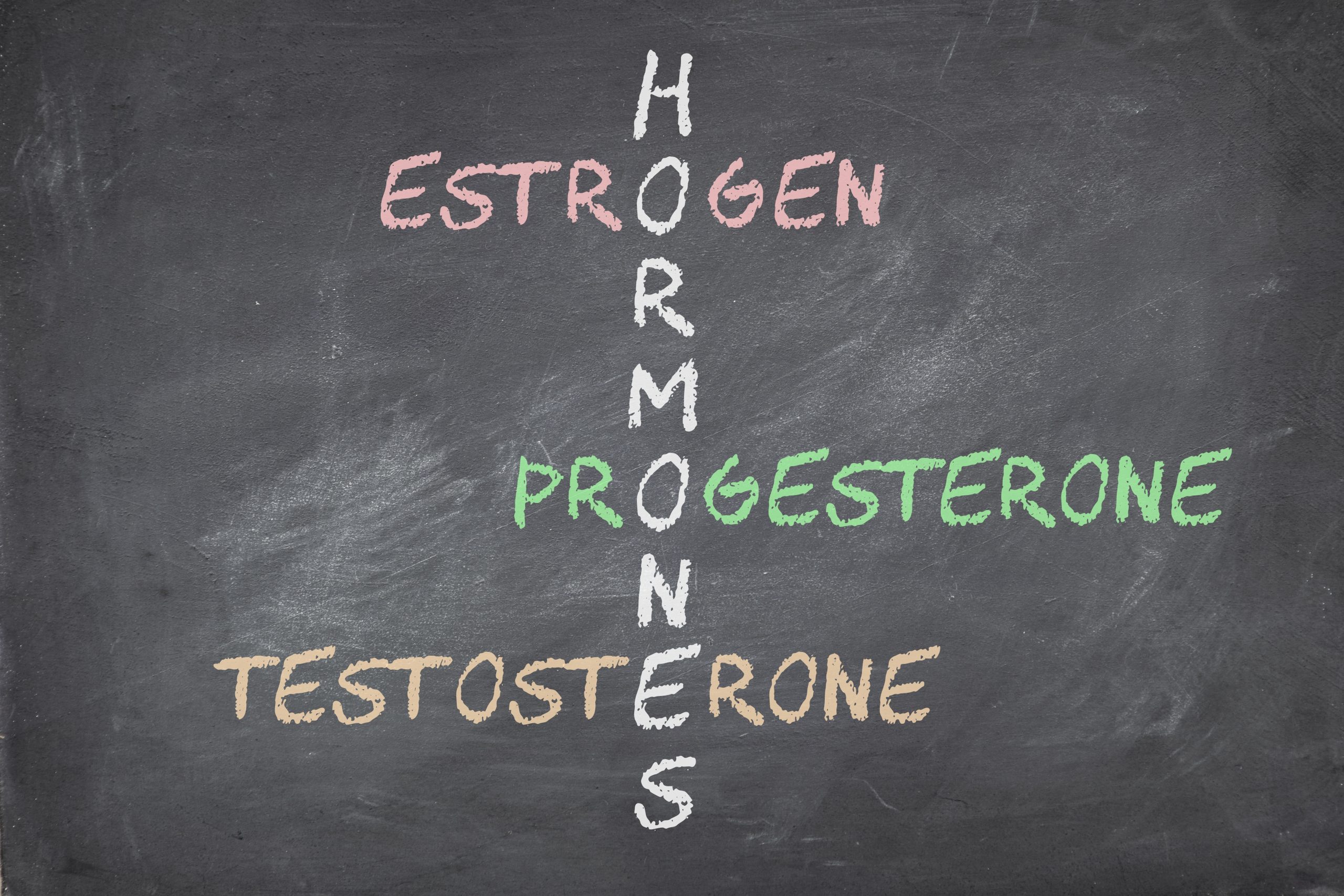What is Testosterone?
Testosterone is a sex hormone that plays a crucial role in the development and maintenance of male reproductive tissues and the expression of male secondary sexual characteristics. While it is more predominant in males, females also produce small amounts of testosterone, and it has important functions in their bodies as well. At the Community Women’s Centers, we believe good decisions come from having good information.
Learn more about Testosterone by selecting the topics below:
In Males:
1. Development and Maintenance of Reproductive Organs:
Testes: Testosterone is primarily produced in the testes. It is essential for the development of male reproductive organs, such as the testes and prostate, during fetal development.
2. Secondary Sexual Characteristics:
- Facial and Body Hair: Testosterone stimulates the growth of facial and body hair, contributing to male secondary sexual characteristics.
- Deepening of the Voice: Testosterone plays a role in the deepening of the voice during puberty.
- Muscle Mass and Strength: Testosterone promotes the development of lean muscle mass and helps maintain muscle strength.
3. Libido and Sexual Function:
- Sexual Desire (Libido): Testosterone is a key factor in male sexual desire or libido.
- Erectile Function: Testosterone contributes to maintaining erectile function and the production of nitric oxide, which is important for achieving and maintaining erections.
4. Sperm Production:
Spermatogenesis: Testosterone is crucial for the production of sperm cells (spermatogenesis) in the testes.
In Females:
1. Ovarian Function:
Ovaries: While females produce much lower levels of testosterone compared to males, it is still important for ovarian function. It is produced in the ovaries and adrenal glands.
2. Libido and Sexual Function:
Sexual Desire (Libido): Testosterone also plays a role in female sexual desire and overall sexual satisfaction.
3. Bone Health:
Bone Density: Testosterone contributes to maintaining bone density in both males and females. It helps prevent the development of osteoporosis.
Importance in Fertility:
1. Spermatogenesis:
Sperm Production: Testosterone is essential for the development and maturation of sperm cells. It stimulates the process of spermatogenesis, ensuring the production of healthy and functional sperm.
2. Ovulation:
Ovarian Function: In females, testosterone contributes to the regulation of the menstrual cycle and the process of ovulation.
3. Libido and Sexual Function:
Reproductive Desire: Testosterone influences sexual desire in both males and females, contributing to reproductive motivation and the likelihood of engaging in sexual activity.
4. Overall Reproductive Health:
Healthy Reproductive Tissues: Testosterone supports the health of reproductive tissues in both sexes, ensuring optimal conditions for fertility.
Testosterone is a vital hormone with important roles in the development and maintenance of reproductive organs, the expression of secondary sexual characteristics, and the regulation of sexual function in both males and females. The importance of testosterone in fertility is evident through its role in spermatogenesis, ovulation, and overall reproductive health.
Schedule a free appointment today!


